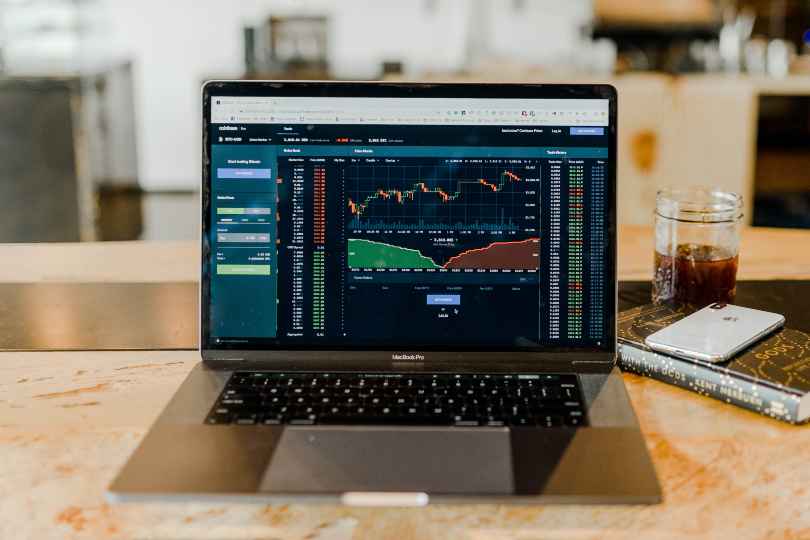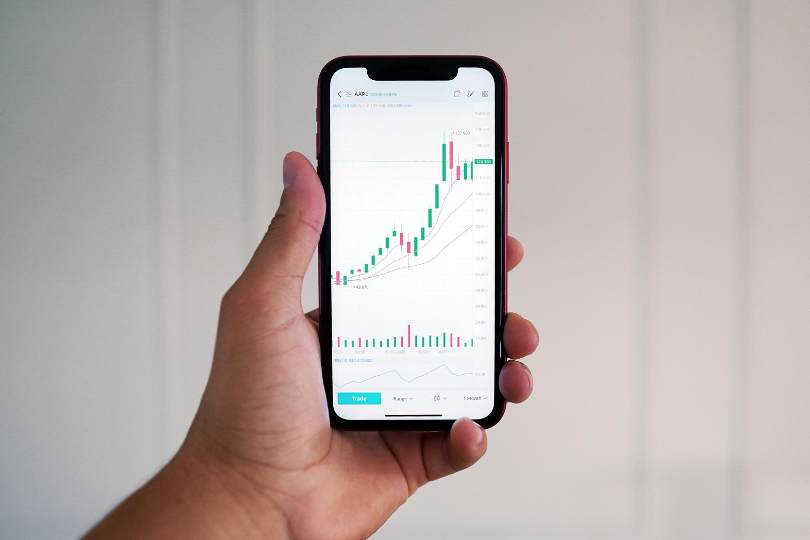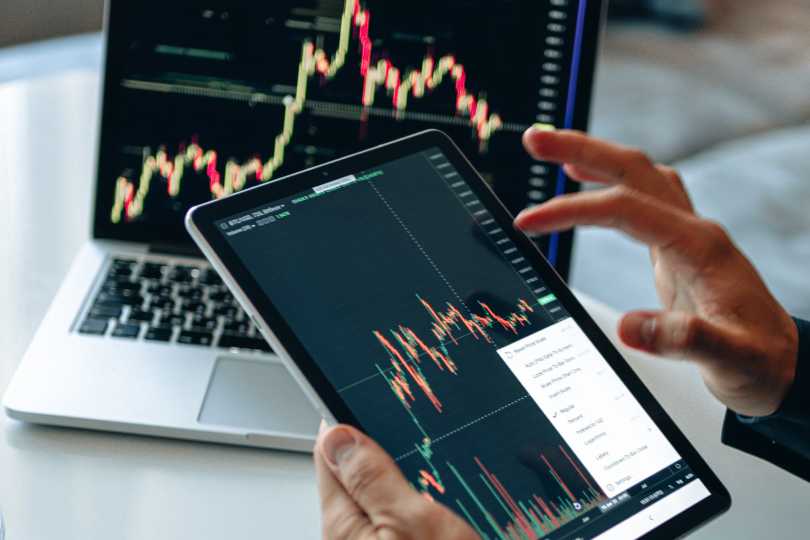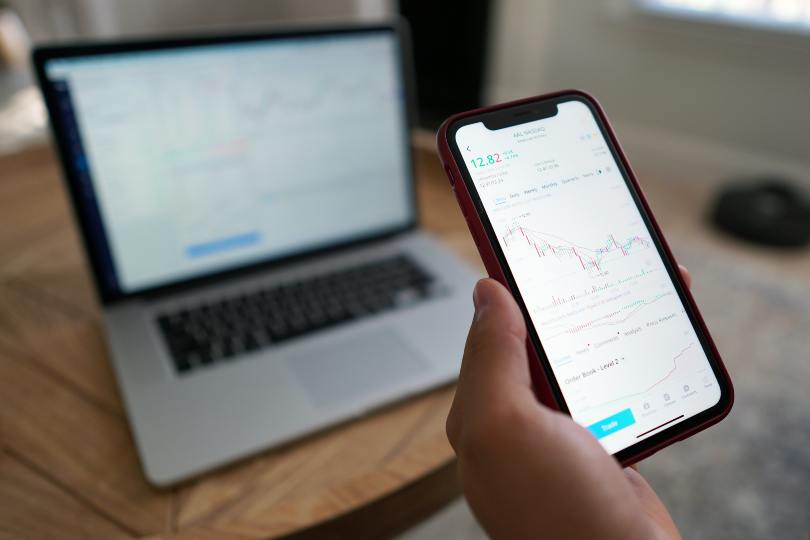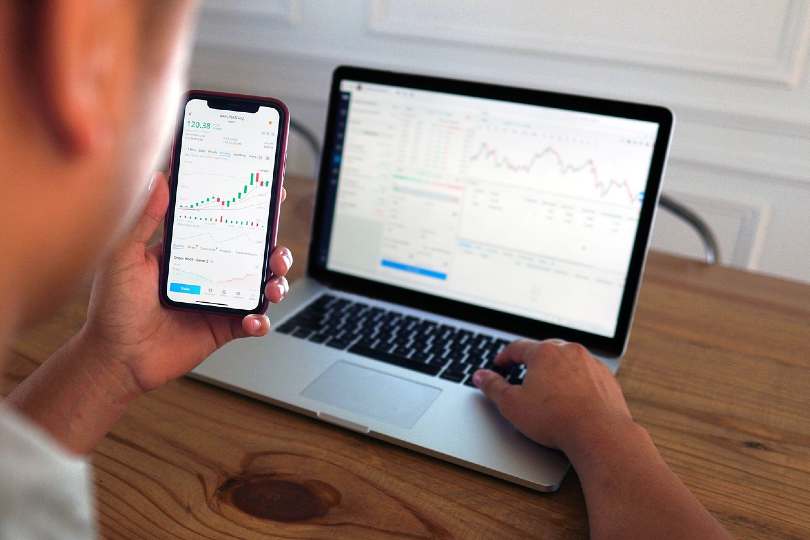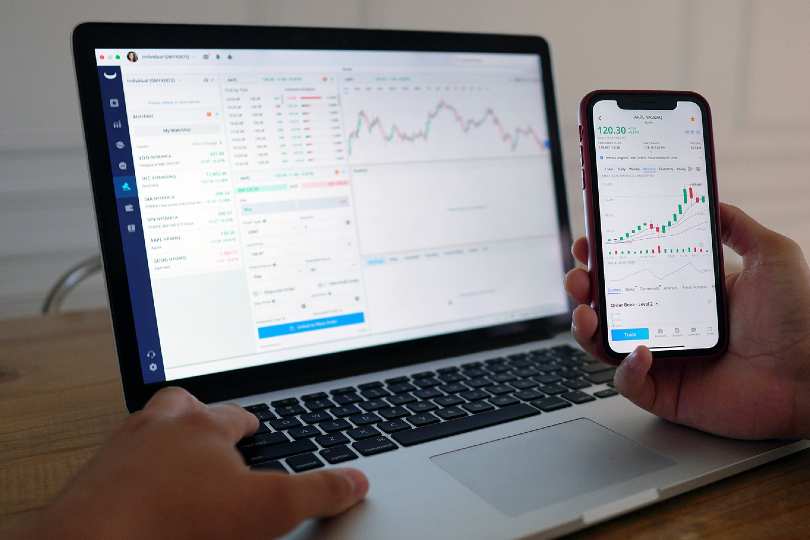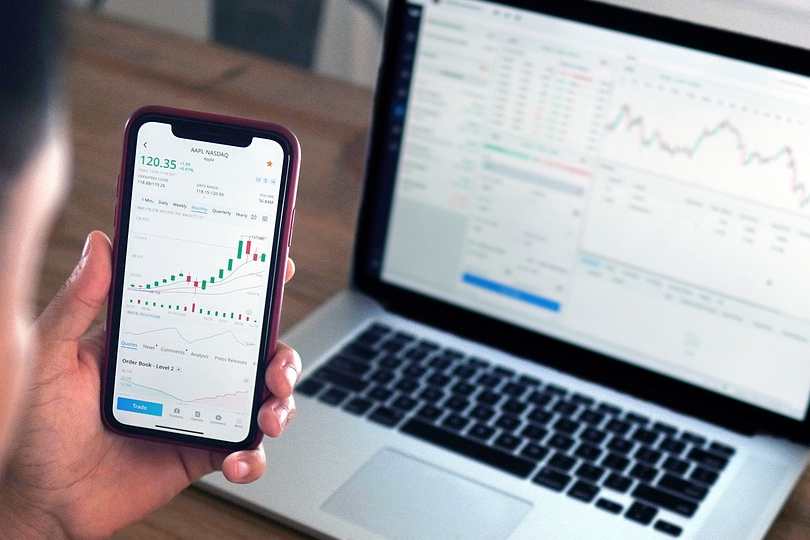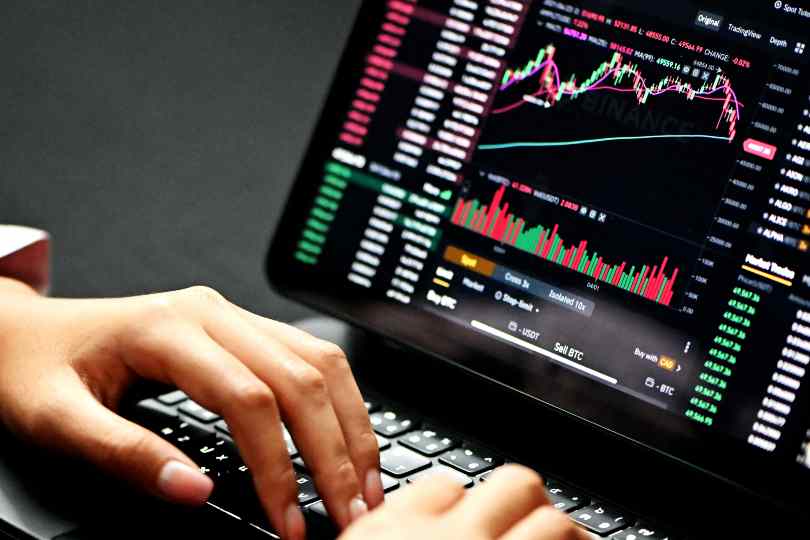What is forex trading?
Forex trading is the act of buying and selling foreign currencies on the global foreign exchange market – also sometimes referred to as the “forex” or “FX market”.
While you can exchange currencies on the forex market, many investors buy pairs in order to turn a profit when they rise in value. My guide will tell you exactly what forex trading is, some of the technical jargon involved with currency investing, and several commonly-used strategies for trading forex.
Trusted partner
![]()
78% of retail investors lose money when trading CFDs with forex.com.
Commission-free trading
- Low-cost
- 80+ FX Pairs
- Proprietary platform
Key takeaways
- Forex trading is the act of investing in foreign currencies on the global foreign exchange market, which is sometimes referred to as the “forex” or “FX market”.
- Currencies on forex markets are typically split into couples, which are called “major” and “minor currency pairs”.
- Major pairs tend to be more liquid and less volatile, while minor pairs are more volatile and typically less liquid.
- Currency prices are recorded as a spread, and many forex brokers will build their trading fees into these spreads.
- There are several different factors that influence currency price movements, such as political stability, central bank monetary policy, and even market sentiment.
- Forex traders commonly follow four different strategies: day trading, scalping, position trading, and swing trading.
Charts are an invaluable tool in forex trading, as they help traders analyse price movements and predict trends.
How does forex trading work?
Forex trading takes place on a global marketplace. Since you can buy and sell currencies from around the world, the currency market is open 24 hours a day, seven days a week.
Also, unlike traditional investing on a central exchange such as the stock market, currencies are traded “over the counter” (OTC), occurring electronically on computers.
To give an example of forex trading, say you were travelling from the UK to France. You couldn’t use Great British pounds (GBP) in France, so you would need to exchange your pounds into euros (EUR) before you travel.
In this case, you aren’t exchanging money to turn a profit, but rather for practical uses.
During the period that you are in France, the value of the two currencies will likely change. As a result, you might get more or less when you switch your currency back than you did when you originally converted your money.
This is essentially where forex traders seek to make their money. Investors can buy or sell a certain amount of a currency, then hold onto their purchase until the price of another currency changes favourably. This is the main way that investors make money from currency trading.
It’s important to remember that forex trading is complex, so you should ideally ensure you fully understand how these financial markets work before investing.
What are currency pairs?
When you conduct a currency trade on the forex market, you will see two currencies matched together. These are called “currency pairs”, and they’re typically split between “major” and “minor” pairs.
Major currency pairs, such as GBP/USD or EUR/USD, are more commonly traded pairs. As such, they tend to be less volatile and, typically, more liquid.
Meanwhile, minor currency pairs, such as JPY/USD or GBP/EUR, aren’t traded as frequently as their major counterparts. This is perhaps to be expected, as GBP and Japanese Yen (JPY) aren’t the currencies of huge economies, unlike the US dollar or euro. This typically means greater volatility and less liquidity.
When you trade forex pairs, you’ll typically speculate on them to turn a profit. For instance, say you invested in the GBP/USD currency pair, you could then wait until the price of the pound rose relative to the price of the US dollar, after which you could sell your investment for a profit.
Which currency pairs are the most commonly traded?
IG reports that the most commonly traded currency pair is EUR/USD. This may come as no surprise, as it contains the currencies of two of the largest economies in the world: the US and the European Union.
To give a further example of how currency pairs work, if you invested in the EUR/USD currency pair, you would be trading the euro against the value of the US dollar (USD).
What is the spread?
One important piece of jargon you should keep in mind when foreign exchange trading is the “spread”.
This is essentially the difference between the “bidding price” and the” asking price”, which is measured in “points”. You will commonly see this referred to as “pips”.
Thanks to their higher liquidity, major currencies tend to have tighter spreads than their minor counterparts – that is, the bidding and asking prices are closer together. Conversely, minor pairs typically have much wider spreads, as there is less demand and so less liquidity.
It’s vital you understand spreads in forex trading as many brokers will often build any trading costs into spreads. Though, spreads aren’t concrete and usually vary between one forex broker to another. It’s for this reason that you should compare the spreads of different brokers before choosing a forex trading account.
The bid price
The bid price is the amount you are willing to sell a particular currency.
These are typically lower than ask prices, though when demand is high for a currency pair, the bid price can sometimes be higher than the ask price.
The asking price
Meanwhile, the asking price is the lowest amount you’d be willing to pay to purchase a currency.
For instance, if you are given an asking price of $1.30 for the GBP/USD pair, this is the lowest that you’d be willing to pay for a single pound in US dollars.
Typically, the ask price is lower than the bid price, though again, this depends on the demand for a particular currency pair.
Margins and leverage when trading forex
Two key pieces of jargon you should take note of when forex trading are “margins” and “leverage”.
Leverage
Leverage is the amount of capital a broker is willing to lend you to trade currencies. This is intended to magnify your returns, especially if you don’t have enough money to make a trade.
Though, it’s vital to keep in mind that leverage is a double-edged sword; while it can magnify your returns, it can also magnify your losses. As such, you should only use the leverage that you realistically need.
Your broker will typically give you leverage in the form of a ratio. For example, leverage of 10:1 is commonly offered by brokers. If online trading platforms are regulated in the UK by the Financial Conduct Authority (FCA), the maximum leverage they can offer to retail traders is limited to between 2:1 and 30:1.
This is because leverage is a dangerous tool in the wrong hands, as retail traders are unlikely to need leverage above 30:1. Leverage above this could see you end up losing more money than you initially invested if a trade doesn’t go your way.
To give an example of leverage, say you were to trade one lot of the GBP/USD currency pair for £100,000, and you were offered leverage of 10:1 from your broker. You would only be required to pay an upfront cost of £10,000 to make the trade. This difference is called the “margin”.
While you can lose more than you initially invested with leverage, it’s worth noting that FCA-regulated brokers must offer “negative balance protection”, meaning your trading account balance is not allowed to go below £0.
Margin
This leads us conveniently onto the margin. This is essentially the money that has been set aside in a brokerage account to make a leveraged forex trade.
This ensures that, even if the trade doesn’t go your way, you will be able to remain solvent and meet your financial obligations.
The margin you receive depends on your trading performance and your account balance over a set period of time.
Forex trading FAQs
Is forex trading suitable for beginners?
Yes, beginners can trade forex, although you may find forex trading to be relatively complex compared to other, more traditional forms of investing.
This is because there is elaborate jargon involved with currency markets, such as margins and spreads. Also, when you trade forex, you are given leverage. If you don’t know what you’re doing, you could end up losing more money than you initially invested.
Is forex trading a good idea?
Yes, forex trading can be a good idea, depending on your experience levels and your tolerance for risk. Since forex markets are highly liquid and are open 24 hours a day, seven days a week, it has the potential to be a good way to invest.
However, forex trading involves lots of analysis and can be complex for inexperienced traders. So, if you want to start forex trading, you should ensure you first understand exactly how FX trading works.
Please note:
The value of your investments (and any income from them) can go down as well as up and you may not get back the full amount you invested. Past performance is not a reliable indicator of future performance. Investments should be considered over the longer term and should fit in with your overall attitude to risk and financial circumstances.

